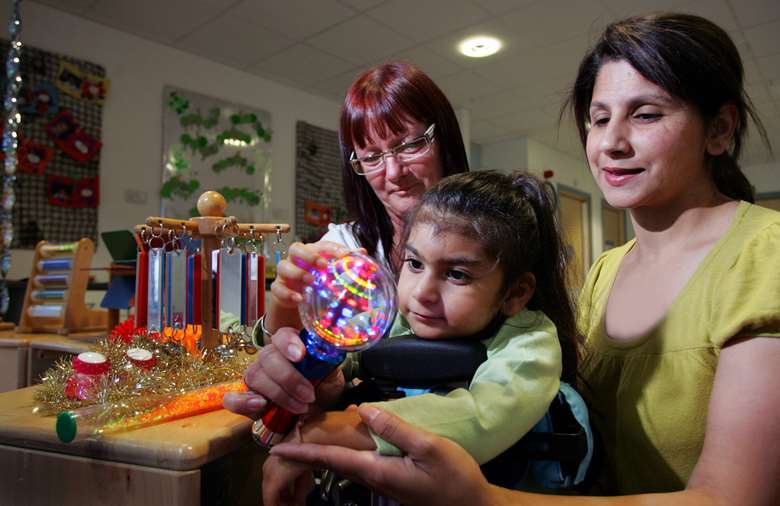Ombudsman criticises EHC plan shortcomings
Tristan Donovan
Monday, October 23, 2017
Councils need to do better at delivering education, health and care (EHC) plans for children with special educational needs and disabilities (SEND), the Local Government and Social Care Ombudsman has warned.

A report by the ombudsman into the first 100 complaints it has received about children's EHC plans found that families were experiencing delays and a range of issues, including a failure to identify suitable school places and confusion within local authorities about what the law requires.
EHC plans were introduced in the Children and Families Act 2014 with the aim of providing better joined-up support for children with SEND from birth to 25 years. All children with existing SEN statements must be assessed and transferred from the old system on to new EHC plans by April 2018.
The ombudsman's report found that a failure to complete EHC plans within the expected 20-week timescale was the most common fault experienced by families, saying this was often due to poor planning by local authorities. Some children were found to have missed out on the start of the school year because of this, the report said.
Other problems included councils not always involving parents and young people in decisions, a failure to factor in transport and social care costs when deciding whether to accept a parent's preferred educational placement, and confusion among social workers about how information should be recorded in EHC plans.
The ombudsman's report said the volume of complaints about EHC plans rose from 109 to 217 between 2015/16 to 2016/17 with 79 per cent being upheld. On average, 53 per cent of all complaints received by the ombudsman are upheld.
"When councils get things wrong it places a disproportionate burden on families already struggling with caring and support: some families have to go well beyond the call of duty to confirm the type of support their children should receive," ombudsman Michael King said.
"We issued a report in March 2014, highlighting the shortcomings which needed to be addressed with the new EHC plan system.
"Regrettably, our first 100 investigations show this has not happened.
"The system is not failing universally. But for those people who come to us, we are finding significant problems - sometimes suffering long delays in getting the right support and children ultimately failing to reach their potential."
Ali Fiddy, chief executive of the charity Independent Parental Special Educational Needs Advice, said her organisation has been hearing similar complaints from parents.
"We are troubled by the numbers of parents and carers finding it necessary to take their complaints to the ombudsman while caring for a child with SEND and trying to navigate a complex system to secure educational support," she said.
Richard Watts, chair of the Local Government Association children and young people board, said the number of complaints was "relatively small" given the thousands of EHC plans being created and noted that two thirds of parents are happy with the support they are getting.
He blamed the problems on central government not providing enough money to support the introduction of EHC plans.
"The Local Government Association was clear with government from the outset that the reforms set out in the Children and Families Act were significantly underfunded given the unprecedented rise in demand for SEND support," Watts said.
"Councils are working hard to ensure all children with SEND are getting the support that they need, however, this is a new and complex system which councils and other agencies, including health partners and schools, are trying to navigate."
Watts said the government should make the transitional funding, which it is giving councils to help introduce EHC plans, permanent. The transitional funding is due to end in March.
Last week a report by Ofsted and the Care Quality Commission found that a third of local authority areas in England are failing to effectively support children with SEND and highlighted "weak" strategies for delivering EHC plans was a common failing.




